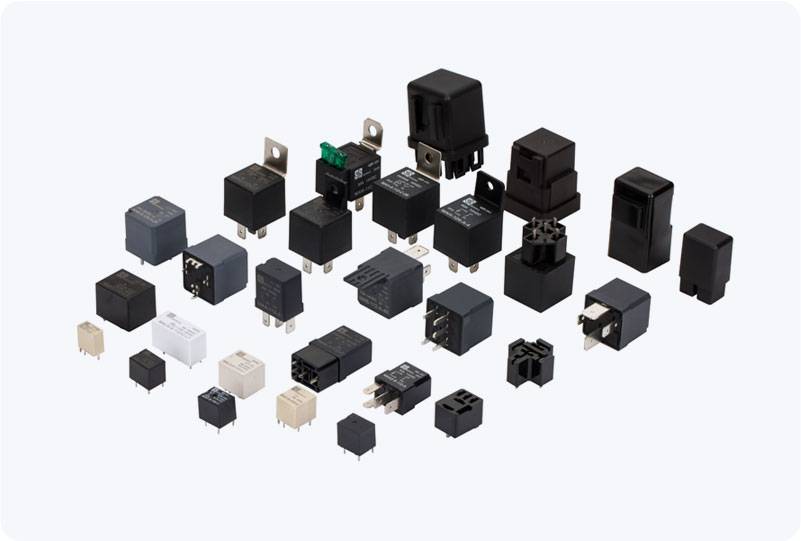Water valves are crucial components in plumbing and water distribution systems, allowing for the regulation of water flow, pressure, and direction. From residential homes to large-scale industrial operations, water valves ensure that water is delivered efficiently, safely, and in the appropriate amounts. Understanding the different types of water valves, their functions, and their importance can provide a clearer insight into their critical role in everyday water management systems.

The Role of Water Valves At their core, water valves are devices that control the flow of water within a pipeline system. They can stop, start, or adjust the flow of water, depending on the specific need. Water valves are designed to manage the movement of water in pipes, tanks, and other systems, ensuring that water is delivered where it is needed, while also preventing wastage, contamination, or pressure issues. In the absence of valves, water systems would lack the necessary control, leading to potential flooding, leaks, or inefficient use of resources. Common Types of Water Valves